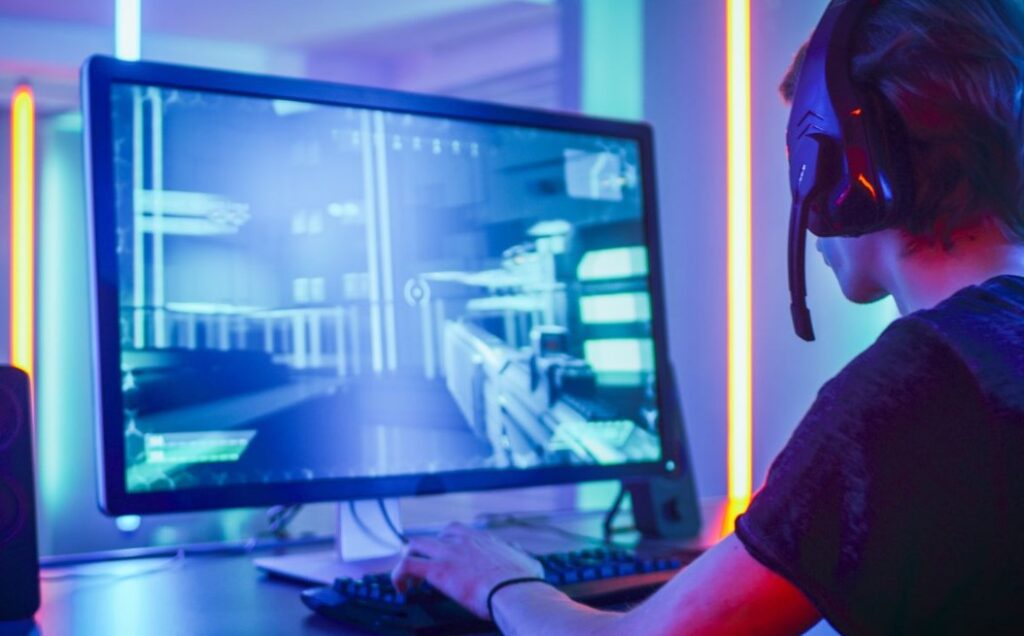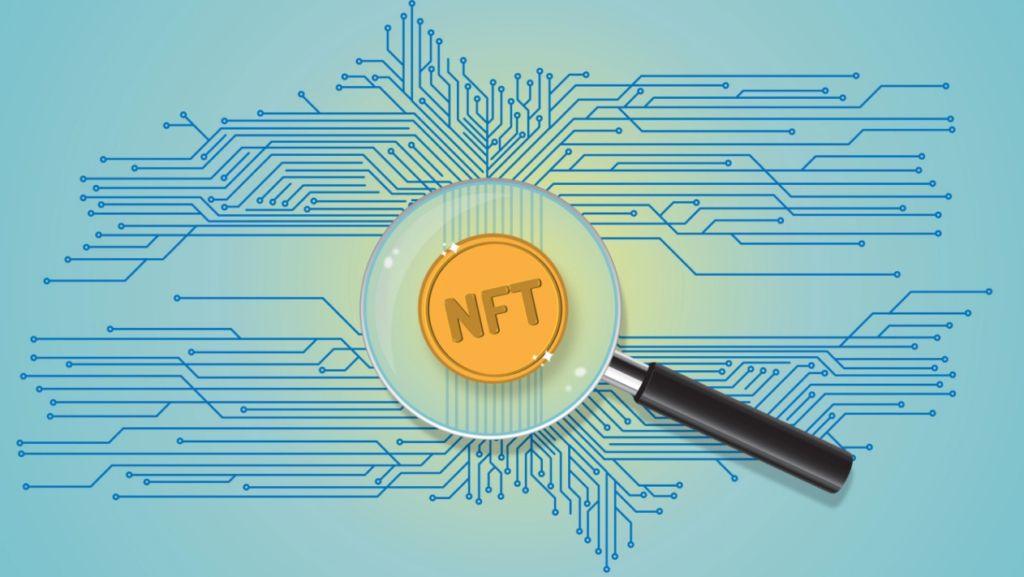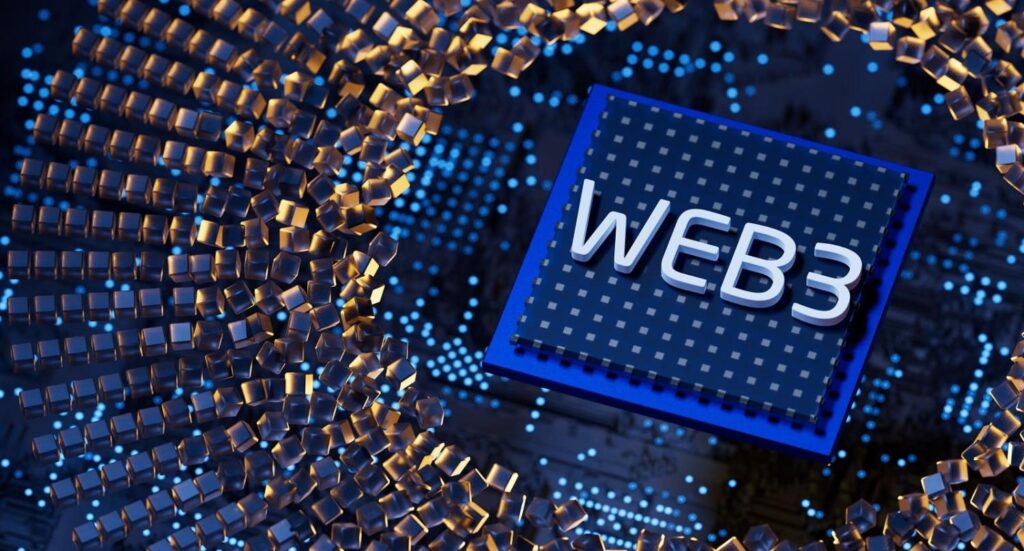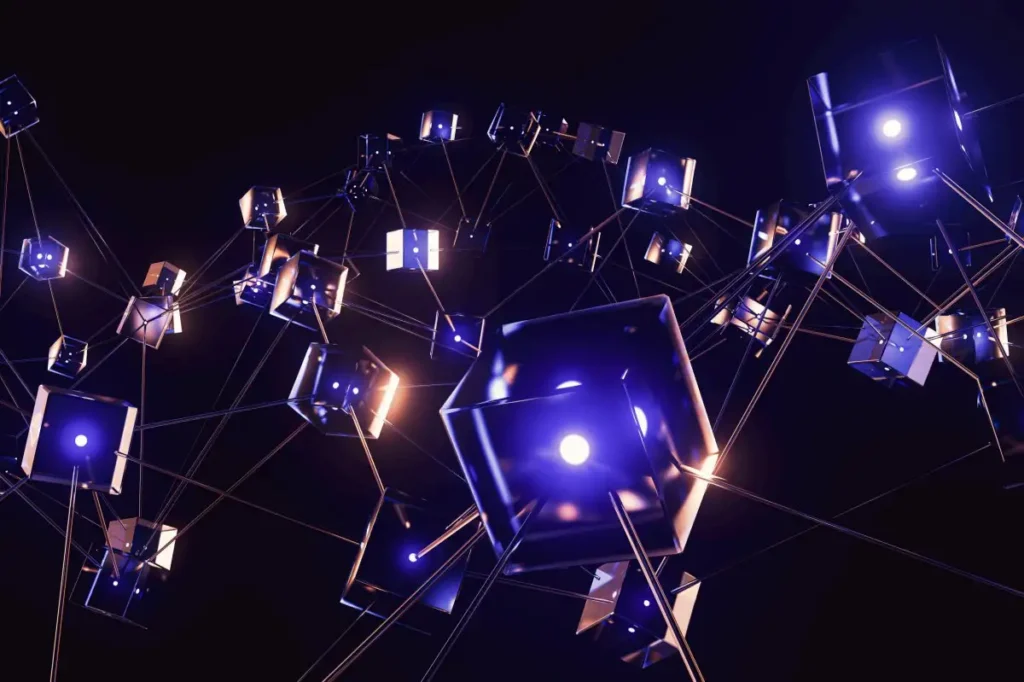
Source: media.hashcashconsultants.com
The gaming industry has always been at the forefront of technological innovation. From 2D pixel graphics to today’s breathtakingly realistic 3D worlds, the evolution has been rapid and revolutionary. Now, with the introduction of blockchain, we stand at the precipice of yet another transformative phase in digital gaming.
The Foundations of Blockchain and Web3
To understand the transformative impact of blockchain on gaming, we need to revisit its foundational principles. Blockchain, a decentralized ledger system, eliminates the need for intermediaries. This decentralization is the cornerstone of Web3 – a vision of the internet where users regain control over data, identities, and transactions.
In the context of gaming, Web3, backed by blockchain can fundamentally alter how games are created, distributed, and experienced.
Web3 Games Development
Web3 games development represents the convergence of gaming with the decentralized technologies of the Web3 era, primarily blockchain. Unlike traditional gaming setups that operate on centralized servers, Web3 games promote true ownership of in-game assets, usually via non-fungible tokens (NFTs).
This allows players to own, trade, or sell their assets genuinely and paves the way for more transparent and censorship-resistant gaming environments.
However, as with any innovation, developers are facing challenges, from ensuring seamless blockchain integration to addressing the environmental concerns of these technologies. Despite the hurdles, Web3 gaming is poised to usher in a transformative phase in the digital gaming sphere.
True Digital Ownership with NFTs

Source: blog.cryptostars.is
Within conventional gaming platforms, in-game items such as character outfits or exclusive weapons are typically provided to players on a “rental” basis, dictated by the game developer’s conditions.
However, blockchain technology brings forth the notion of non-fungible tokens (NFTs), enabling these digital assets to be represented and authentically owned by gamers. Essentially, an NFT is a singular digital entity within the blockchain. Thus, possessing an NFT tied to a game asset grants you a unique, confirmable, and exchangeable segment of that gaming world.
Decentralization ─ A Game Changer
Decentralization, at its essence, means the distribution of authority and decision-making across a system rather than concentrating it at one central point. In the gaming industry, the shift towards decentralization, primarily fueled by blockchain technologies, promises to reshape how games are created, maintained, and experienced. This change brings forth two significant impacts:
1. Persistence & Censorship Resistance ─ Ensuring the Game’s Legacy
The Centralized Challenge
In a traditional gaming model, games are stored and operated on centralized servers. This structure makes games vulnerable to various challenges. For instance, if a game isn’t proving profitable, the developer might decide to pull the plug, resulting in the potential loss of players’ progress, achievements, and in-game assets. Furthermore, centralized systems can be targets of cyber-attacks, which can compromise game integrity and user data.
The Decentralized Solution
By shifting to decentralized systems, games become more resilient. Unlike the centralized model where the game’s fate lies in the hands of a single developer or company, decentralized games thrive based on community involvement.
The game, and all its associated data, exist on multiple nodes (computers or servers) that are spread across the globe. As a result, even if some nodes face issues or shut down, the game continues to operate, preserving its legacy. This distributed nature also offers resistance against censorship. A game cannot be shut down due to political, financial, or corporate pressures as long as the community around it remains active and supportive.
2. Community-driven Development ─ Power to the Players

Source: lowyinstitute.org
The Old Paradigm
Historically, game development has been a one-way street. Developers create content, introduce updates or patches, and players consume. Feedback loops exist, but changes are primarily driven by developers’ visions and commercial interests.
Decentralization’s Democratic Approach
Decentralized games change this dynamic. They allow for development paths that are influenced, and at times even determined, by community consensus. In this model, players have a stake. They can propose changes, vote on proposed game evolutions, and contribute to game development.
The result? A game that morphs and evolves based on what the player community truly desires, leading to a more engaged and invested player base. Games can become living entities, ever-evolving based on player feedback and participation.
Decentralization in the gaming world represents more than just a technological transition it signifies a change in mindset. Instead of a strictly hierarchical structure, it champions a collaborative and inclusive framework where developers and players coalesce, turning games into communal digital spaces owned by the collective. As we witness further technological progress and a tighter-knit gaming community, the benefits and impact of decentralization will surely rise to greater prominence.
Transparency Builds Trust
Blockchain’s transparent nature means all in-game transactions, from asset transfers to gameplay achievements, are recorded and verifiable. In competitive games, this transparency can ensure fairness. Games with economic systems, can prevent fraud and ensure trust in trades.
Challenges Ahead

Source: newscientist.com
While the potential is undeniably exhilarating, a myriad of hurdles remains. Environmental concerns tied to blockchain, the volatile nature of the market, and the nuanced task of seamlessly integrating blockchain into gaming present substantial tasks for developers to tackle.
Conclusion
As we stand on the edge of this transformative period in the gaming industry, it’s increasingly clear that the blend of blockchain technology and gaming mechanics is nothing short of revolutionary. This isn’t just an incremental change or a fleeting trend; it marks a significant pivot in how we perceive and interact within digital landscapes.
In this emergent world of Web3 gaming, players are elevated from mere participants to active stakeholders. This shift is profound because it democratizes the gaming experience at its very core. Players don’t just engage with the game; they influence its development, own tangible parts of its universe via non-fungible tokens (NFTs), and have a say in its governance. It’s an evolution from being consumers to becoming contributors and co-creators.
The possibilities are boundless. Imagine games that evolve organically based on collective decisions, or in-game economies that reflect the diverse values and strategies of its player base. Think about the unprecedented levels of transparency and trust, which could redefine what fairness means in competitive gaming.



